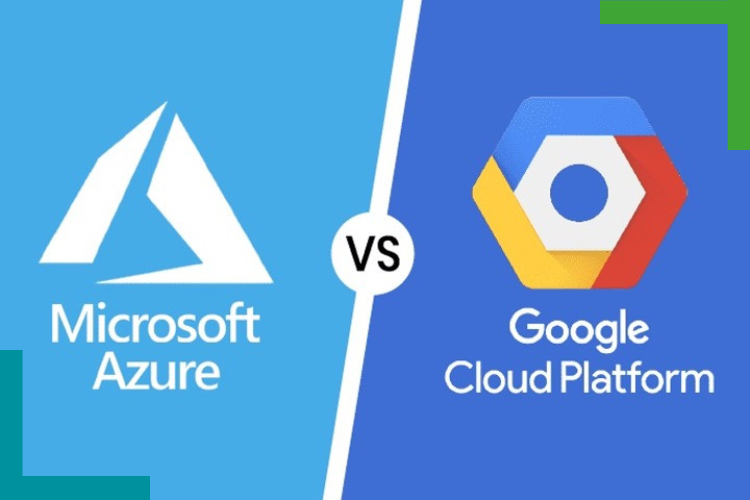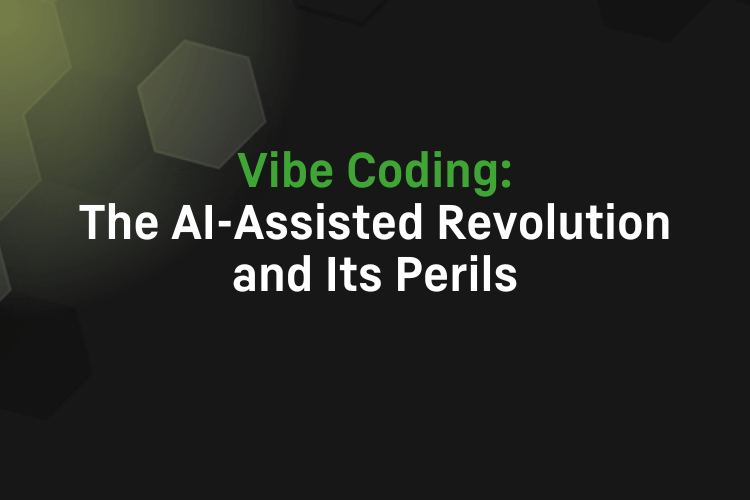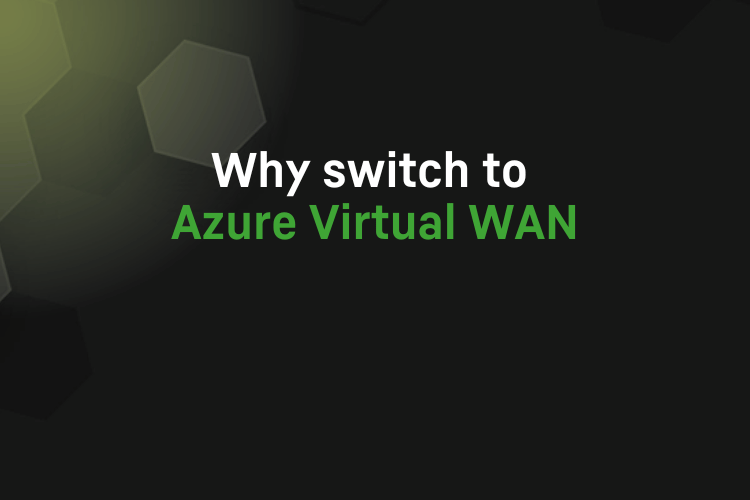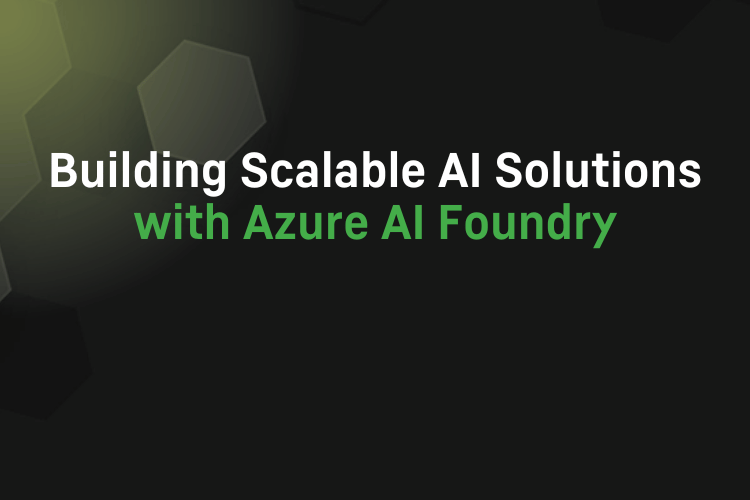by Ultra Tendency
Share
by Ultra Tendency

In the ever-expanding realm of data engineering, choosing the right platform is paramount to success. We will help you with that!
With giants like Azure and Google Cloud Platform (GCP) leading the charge, developers are faced with a daunting decision. In this article, we’ll delve into the strengths and weaknesses of Azure and GCP, helping you navigate the complexities of the data engineering landscape and make an informed choice.
- Azure: The Powerhouse of Integration: Azure boasts a robust suite of data engineering services, seamlessly integrated with Microsoft’s ecosystem. From Azure Data Factory for ETL pipelines to Azure Databricks for big data processing, Microsoft offers a comprehensive solution for every stage of the data engineering lifecycle. Explore Azure Synapse Analytics for powerful analytics and Azure Cosmos DB for globally distributed databases, all backed by Microsoft’s industry-leading security and compliance measures.
- GCP: The Innovator’s Playground: GCP, on the other hand, prides itself on innovation and agility. With services like BigQuery for serverless data warehousing and Dataflow for real-time stream processing, Google offers cutting-edge tools designed to handle the most demanding data engineering workloads. Dive into Bigtable for high-performance NoSQL databases and Cloud Composer for orchestrating complex workflows, all powered by Google’s unparalleled infrastructure and machine learning capabilities.
- Scalability and Performance: When it comes to scalability and performance, both Azure and GCP excel in their own right. Azure’s global footprint and Azure Kubernetes Service (AKS) make it a top choice for enterprises requiring massive scale and reliability. On the other hand, GCP’s network infrastructure and data centers are renowned for their speed and efficiency, making it ideal for real-time analytics and machine learning applications.
- Cost Considerations: Cost is always a crucial factor in any decision-making process. While Azure and GCP both offer competitive pricing models, understanding your specific requirements and usage patterns is essential to accurately compare costs. Explore pricing calculators and case studies to determine which platform offers the best value for your organization’s budget.
- Community and Support: Community support can make or break a platform, and both Azure and GCP have thriving communities of developers and data engineers. From official documentation and tutorials to user forums and meetups, there’s no shortage of resources to help you master the intricacies of each platform. Consider factors such as vendor support, training programs, and certification opportunities when evaluating community and support offerings.
In conclusion, the choice between Azure and GCP ultimately depends on your organization’s unique requirements, preferences, and strategic goals.
Whether you prioritize seamless integration with existing Microsoft technologies or crave the cutting-edge innovation of Google’s cloud platform, both Azure and GCP offer compelling solutions for data engineering success. Take the time to evaluate your options carefully, experiment with each platform’s offerings, and leverage community insights to make an informed decision that sets your data engineering initiatives on the path to greatness.



